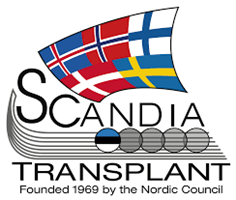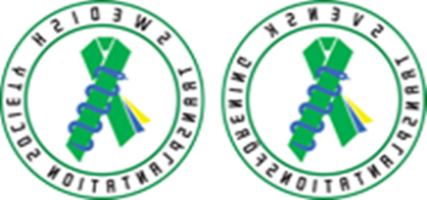National legislation on organ donation
Main law references
Regulations of the National Board of Health and Welfare on organ, tissue and cell donation and procurement; adopted on 1 December 2009.
Expression of consent or dissent to the donation and organs that can be donated
Swedes can express their willingness to donate organs primarily by registering in the national donor register using their national identification number and applying for a donor card to keep always with them. Alternatively, they can simply inform relatives or close people orally or in writing about their will.
Donation from a living donor
A living donor must be 18 years old or older (preferably over 25) and completely mentally and physically healthy. The donor must be mentally stable and must have a strong desire to help a seriously ill person. This means that the organ donation must be completely voluntary. Selling or buying organs for transplantation purposes is strictly prohibited by Swedish law.
Donation after death
In Sweden the law of ‘presumed consent’ is in force, i.e. it is assumed that all patients are in favour of donation unless the deceased expressed a contrary wil during his or her lifetime. The health service has the duty to investigate the deceased’s attitude towards donation. This is done by interviewing relatives, checking any donation card and searching the donation register. If no wishes were expressed during life, the next of kin can still decide not to donate the deceased’s organs.
Donated organs
In Sweden, about 800 organs and 1,300 tissues are transplanted each year. Transplanted organs are kidneys, liver, lungs, heart, pancreas and small intestine. The kidneys and, in very few cases, part of the liver can also be donated by living donors. The most commonly transplanted tissues are skin, heart valves, bone tissue and corneas. Each donor in Sweden donates three to four organs.
National laws on organ donation




